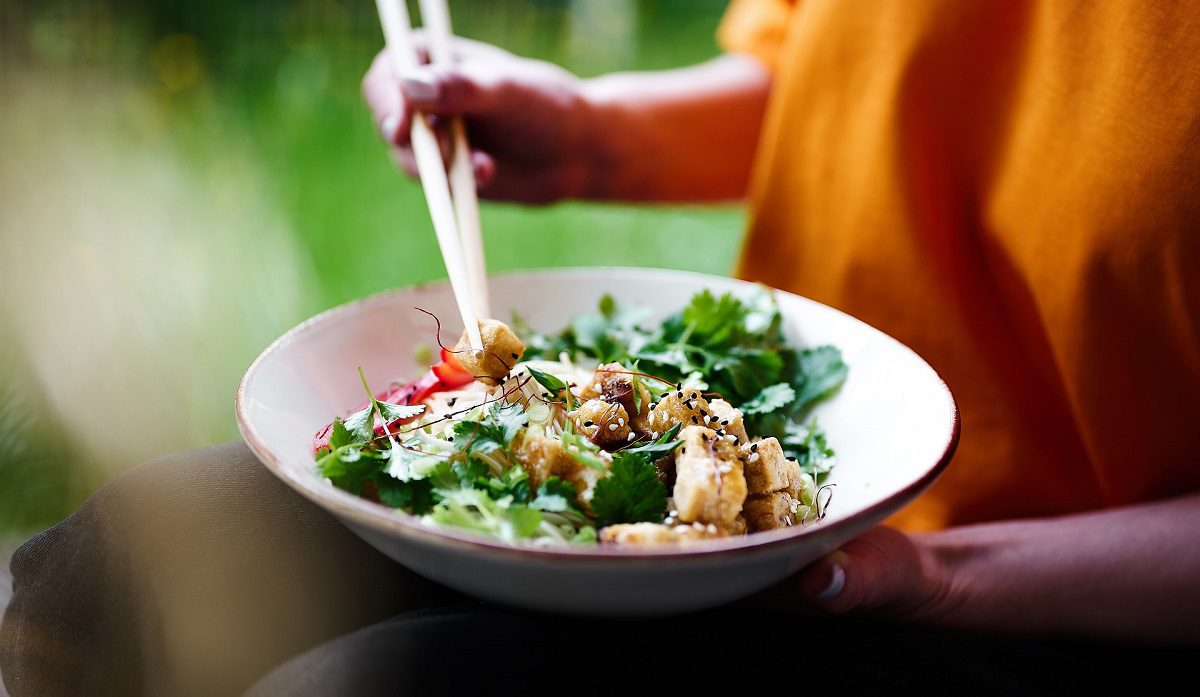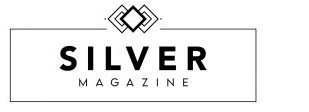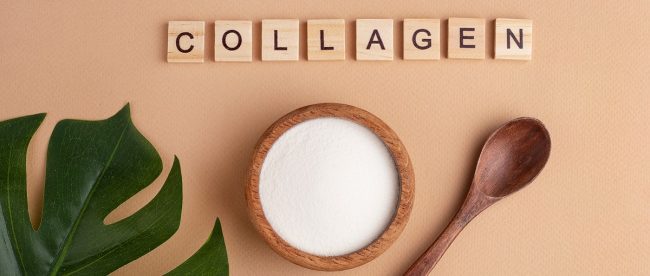The benefits of collagen in your diet – and what if you’re vegan?
|
Listen to this article
Getting your Trinity Audio player ready...
|
Is collagen just another one of those buzzwords? Here’s how the handy protein can impact your skin and body
Wrinkles and fine lines are signs that we’re still here, have lived to tell the tale, and perhaps gained some wisdom and insights along the way. One of which might be that it’s totally fine to want to keep your skin looking and feeling vibrant if you want to. The benefits of collagen can do just that, even if you’re vegan.
In fact, nourishing your skin can not only make you feel and look great, it also keeps you healthy. Your skin is an integral part of your immune system, forming a physical barrier to many toxins.
The same nutrients that keep your skin youthful are needed for flexible joints, strong bones and a healthy gut, too. They’re all made of connective tissue, and so all require the same raw materials. The largest of which is collagen.
What does collagen do?
The underlying layer of your skin (your dermis), is made up of 95 per cent collagen proteins, and these are what enable your skin to ping back if you tug at it. You tend to produce fewer of these as you age, and your skin starts to lose its ping-back-ability. Instead, gravity wins out, causing sagging, drooping and wrinkling. When you frown, laugh and express yourself, your face stops smoothing itself out again as fully as before.
There are now lots of studies showing the benefits of marine and bovine collagen supplements
Added to this is photoageing caused by sun damage: those pesky ultraviolet rays. Year in year out, your skin works hard to repair itself, each time creating tiny layers of scar tissue. This scar tissue builds up to form wrinkles, rough skin, brown spots and other pigmentation changes. Cigarette smoke and pollution impair collagen fibres further, and you might also be genetically structured in a way that makes you more susceptible to collagen damage.
The good news is that adding ready-made collagen can help. There are now lots of studies showing the benefits of marine and bovine collagen supplements on dry, wrinkly and damaged skin.
But what if you’re vegetarian or vegan?
There are new vegan laboratory-engineered products, like Vollagen that contains the same range and ratios of amino acids as collagen, and PrimaColl, which mimics its structure. These are very new, and initial reports seem promising. You can also increase your intake of nutrients that help you to make more of your own collagen, as well as protect the collagen that’s already there. Here’s how you can do that on a vegan or vegetarian diet.
Collagen ingredients
The actual ingredients you need to make collagen are fairly simple, as it’s a protein structure – so you just need amino acids, the building blocks of proteins.
Amino acids

Eating more tofu can help
Collagen is made of 18 different amino acids, and you should be able to consume or make plenty of those from a vegan or vegetarian diet – but not everyone does. So here are tips for getting enough amino acids into a plant-based diet:
- Have tofu, tempeh, beans, chickpeas or lentils with every meal
- Also include a variety of nuts and seeds
- Vary your grains: wheat, oats, rice, barley, rye and millet all contain small amounts of protein, as does quinoa
- The more different kinds of all of these things you include over a typical day or week, the more different kinds of amino acid you will have
- This will also provide a better variety of plant fibres, which should help your microbiome do a better job of keeping your skin healthy
If you are vegetarian, the same applies, but you can also include eggs and dairy products, such as cheese and milk, as these are also rich in amino acids.
Your body will use vitamins and nutrients, like vitamin C and iron, when repurposing these amino acids into collagen. It’s likely that you’ll already have a some of these nutrients in your diet already. However, if you don’t have enough, you’ll need to make some changes to your diet to increase these nutrients.

Kirsten Chick is a nutritional therapist and lecturer, and author of Nutrition Brought to Life.



Leave a comment